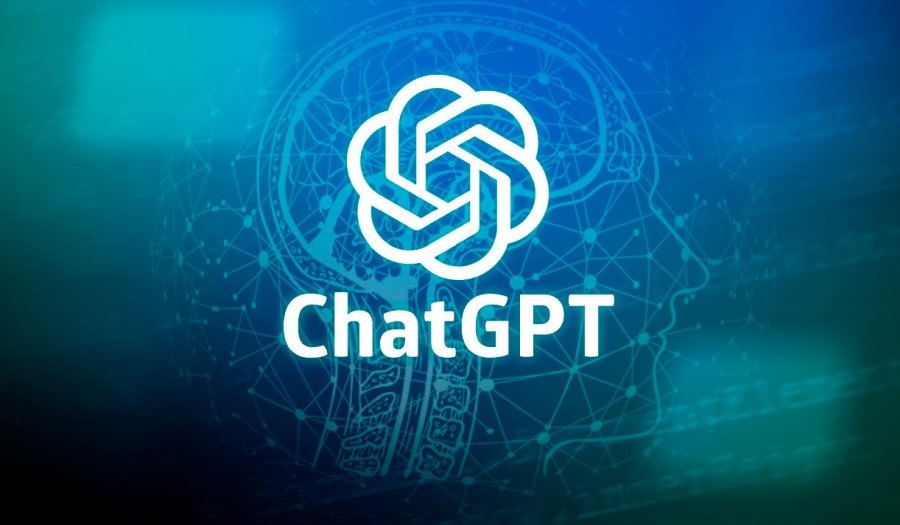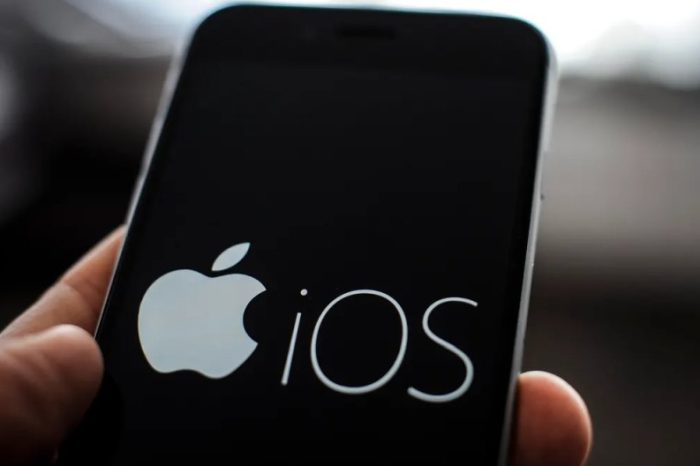ChatGPT web traffic falls for the third month in a row, analytics show

It looks like the honeymoon might be coming to an end for the wildly popular AI chatbot ChatGPT. Following its meteoric rise to 100 million monthly active users within just two months of its launch, the OpenAI website has experienced a significant decline in traffic over the past three months.
According to data from analytics firm Similarweb, OpenAI’s ChatGPT saw monthly website visits decline for the third month in a row in August, though there are signs the decline is coming to an end. Global desktop and mobile visits to the ChatGPT website dipped by 3.2% in August, totaling 1.43 billion, Reuters reported, citing data from Similarweb.
The latest traffic drop comes after consecutive drops of around 10% in the two preceding months. Additionally, the duration of time visitors spent on the website has been gradually decreasing since March, declining from an average of 8.7 minutes to 7 minutes in August.
It all started in June when ChatGPT saw its first-ever decline in traffic. Similarweb reported back then that global traffic for mobile and desktop to ChatGPT’s website fell by 9.7 percent.
However, it wasn’t all bad news for OpenAI. The report also pointed out that there was a slight uptick in global unique visitors in August, with numbers increasing from 180 million to 180.5 million users.
As schools resume sessions in September, it’s anticipated that ChatGPT’s traffic and usage might see an uptick, with some educational institutions already starting to incorporate it into their programs. In line with this trend, U.S. ChatGPT traffic in August experienced a slight increase, aligning with the reopening of American schools.
David F. Carr of Similarweb, who regularly tracks ChatGPT and its competitors, said: “Students seeking homework help appears to be part of the story: the percentage of younger users of the website dropped over the summer and is now starting to bounce back.”
ChatGPT took the world by storm when it garnered 100 million monthly active users in just two months after its debut in January. To put that in perspective, it took Netflix 3.5 years, Facebook 10 months, Spotify 5 months, and Instagram 2.5 months to reach the one million users mark. It took about nine months after its global launch for the popular short video app TikTok to add 100 million users.
On January 23, Microsoft announced a new multi-billion dollar investment in ChatGPT-maker OpenAI following the $1 billion investment the software giant made in 2019. Microsoft declined to provide a specific dollar amount. However, as we reported earlier in back January, Microsoft was in talks to invest $10 billion in exchange for a 49% stake in the company.
Open AI is a research institute founded in late 2015 by Elon Musk and Sam Altman and 20 others including Greg Brockman, Ilya Sutskever, and Wojciech Zaremba. In 2018, Musk stepped down from OpenAI’s board of directors to avoid future conflicts of interest with Tesla’s self-driving car research. Both Musk and Altman said they were motivated to start OpenAI in part by concerns about existential risk from artificial general intelligence.
The company is focused on developing and promoting friendly artificial intelligence, with the goal of advancing and ensuring the beneficial use of AI in society. OpenAI’s mission statement is “to ensure that artificial general intelligence benefits all of humanity.” The company aims to “freely collaborate” with other institutions and researchers by making its patents and research open to the public.

